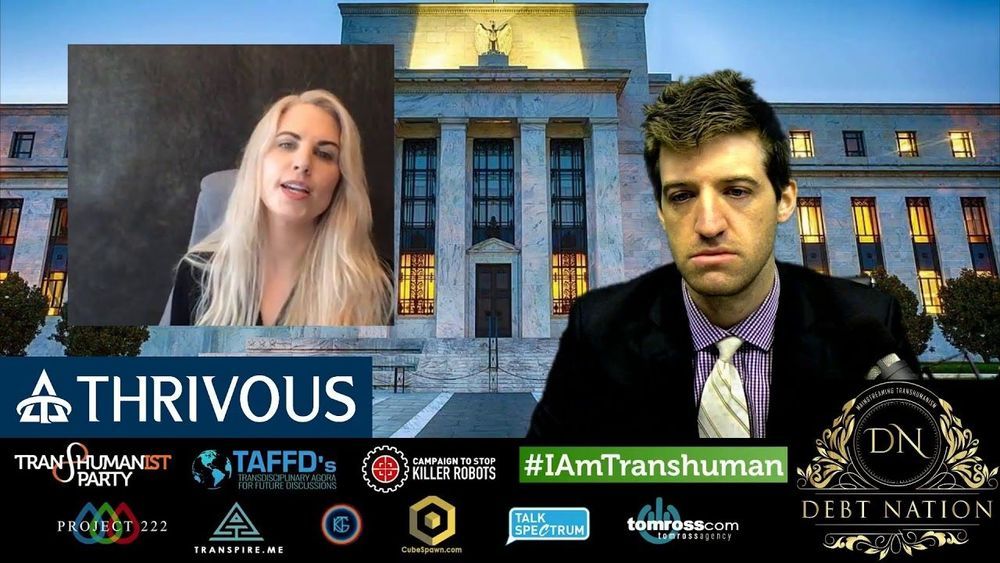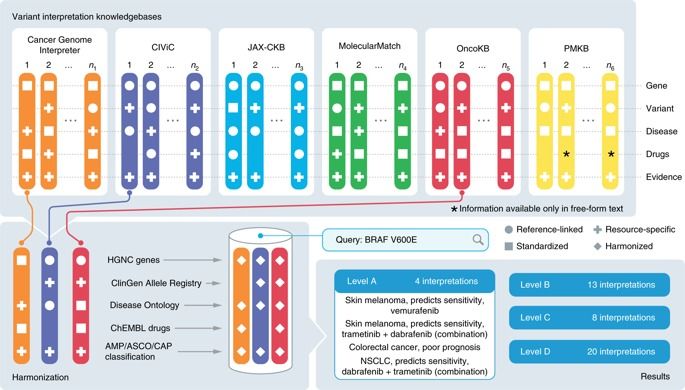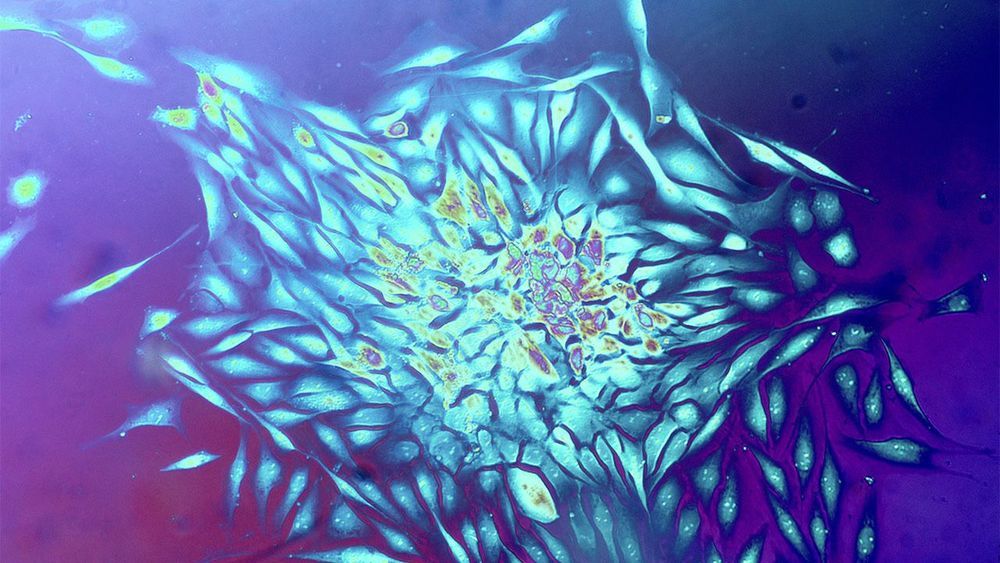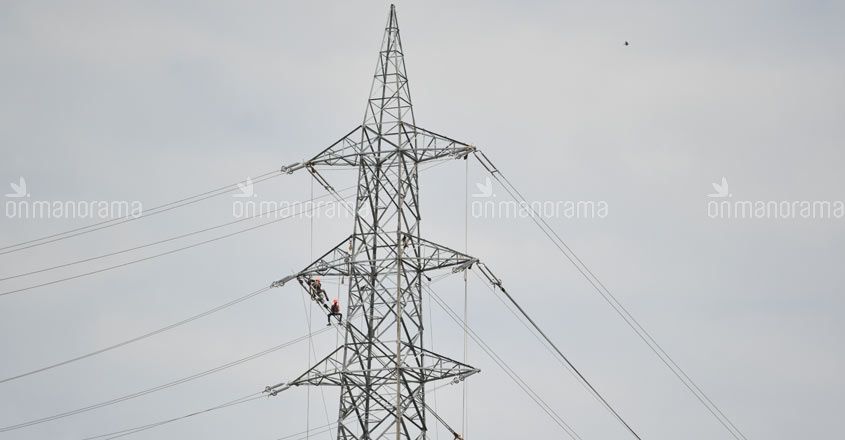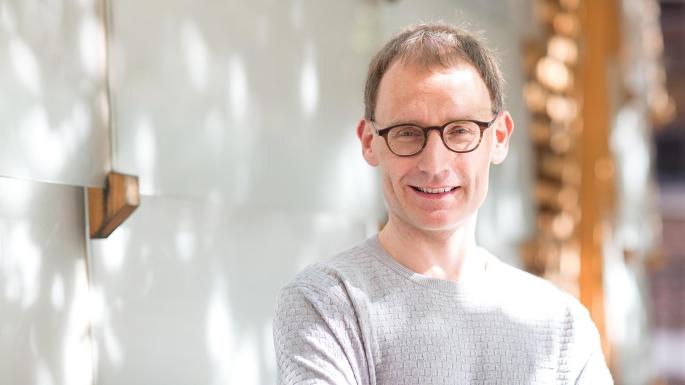Page 7690
Apr 5, 2020
Aijobs on Facebook Watch
Posted by Kelvin Dafiaghor in categories: cybercrime/malcode, information science, robotics/AI, virtual reality
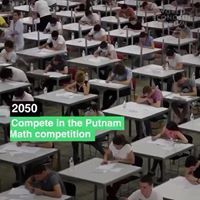
This is when #ai will replace humans at creative tasks. 🧠 Credit: @worldeconomicforum… Looking for a job in AI & Machine Learning. Follow us for more updates or visit: https://aijobs.com/
#aijobs #artificialintelligence #datascience #IoT #AIoT #robot #robots #deeplearning #robotics #tecnologia #cybersecurity #aiskills #artificialintelligenceai #machinelearning #machinelearningalgorithms #futuretechnology #ML #computerengineer #codinglife #coding #programmerlife #VR #technologies #techie
Apr 5, 2020
Maketory on Facebook Watch
Posted by Shailesh Prasad in categories: electronics, innovation

If you have not seen these useless boxes, this one is the best so far! • Credit: @worldofartists • Via fxhm (youtube)… #engineer #funny #artistic #makingfactory #designer #invention #makersgonnamake #sandiego #electronics
Apr 5, 2020
COVID-19 vaccine candidate shows promise
Posted by Future Timeline in category: biotech/medical

Researchers at University of Pittsburgh School of Medicine report the creation of a promising COVID-19 vaccine candidate – named PittCoVacc – and are hoping for a fast approval track, lasting less than the usual year of testing, by the U.S. Food and Drug Administration (FDA).
Apr 5, 2020
A harmonized meta-knowledgebase of clinical interpretations of somatic genomic variants in cancer
Posted by Quinn Sena in category: biotech/medical
:oooo.
Precision oncology relies on accurate discovery and interpretation of genomic variants, enabling individualized diagnosis, prognosis and therapy selection. We found that six prominent somatic cancer variant knowledgebases were highly disparate in content, structure and supporting primary literature, impeding consensus when evaluating variants and their relevance in a clinical setting. We developed a framework for harmonizing variant interpretations to produce a meta-knowledgebase of 12,856 aggregate interpretations. We demonstrated large gains in overlap between resources across variants, diseases and drugs as a result of this harmonization. We subsequently demonstrated improved matching between a patient cohort and harmonized interpretations of potential clinical significance, observing an increase from an average of 33% per individual knowledgebase to 57% in aggregate. Our analyses illuminate the need for open, interoperable sharing of variant interpretation data. We also provide a freely available web interface (search.cancervariants.org) for exploring the harmonized interpretations from these six knowledgebases.
Apr 5, 2020
Massive cancer genome study reveals how DNA errors drive tumor growth
Posted by Quinn Sena in category: biotech/medical
Apr 5, 2020
Power grid stability likely to be affected during Sunday’s 9-minute blackout
Posted by Quinn Sena in category: energy
Mumbai: Prime Minister Narendra Modi’s call for a nine-minute blackout at 9 pm on April 5 has raised concerns for power grid managers as they are gearing up for ensuring grid stability during the period.
State-run Power System Operation Corporation (POSOCO), which is responsible for integrated operation of the grid, is working towards ensuring there is no pressure on the grid due to the possible grid collapse and resultant blackout throughout the country.
The Central Electricity Regulatory Authority (CERA) necessitates permissible range of the frequency band of 49.95−50.05 Hz for normal running of grid and if there is any discrepancy in the same with sudden increase or decrease in power flow, it might result into grid collapse.
Apr 5, 2020
Coronavirus: tensions rise over scientists at heart of lockdown policy
Posted by Genevieve Klien in categories: biotech/medical, finance, government, mathematics, policy
The Royal Society is to create a network of disease modelling groups amid academic concern about the nation’s reliance on a single group of epidemiologists at Imperial College London whose predictions have dominated government policy, including the current lockdown.
It is to bring in modelling experts from fields as diverse as banking, astrophysics and the Met Office to build new mathematical representations of how the coronavirus epidemic is likely to spread across the UK — and how the lockdown can be ended.
The first public signs of academic tensions over Imperial’s domination of the debate came when Sunetra Gupta, professor of theoretical epidemiology at Oxford University, published a paper suggesting that some of Imperial’s key assumptions could be wrong.
Apr 5, 2020
Self-supervised learning is the future of AI
Posted by Genevieve Klien in categories: futurism, robotics/AI
Despite the huge contributions of deep learning to the field of artificial intelligence, there’s something very wrong with it: It requires huge amounts of data. This is one thing that both the pioneers and critics of deep learning agree on. In fact, deep learning didn’t emerge as the leading AI technique until a few years ago because of the limited availability of useful data and the shortage of computing power to process that data.
Reducing the data-dependency of deep learning is currently among the top priorities of AI researchers.
Continue reading “Self-supervised learning is the future of AI” »
Apr 5, 2020
Using AI To Help Governments Make Data-driven Decisions During Pandemics
Posted by Kelvin Dafiaghor in categories: biotech/medical, robotics/AI
A migrant worker in India dies after walking 200 km on the way back to his home [1].
Rural itinerant workers in China are being blocked from cities, kicked out of apartments and rejected by companies [2].
“Poverty will kill us before the virus” — Rajneesh, a migrant worker, walking 247Km on foot to his home [3].
